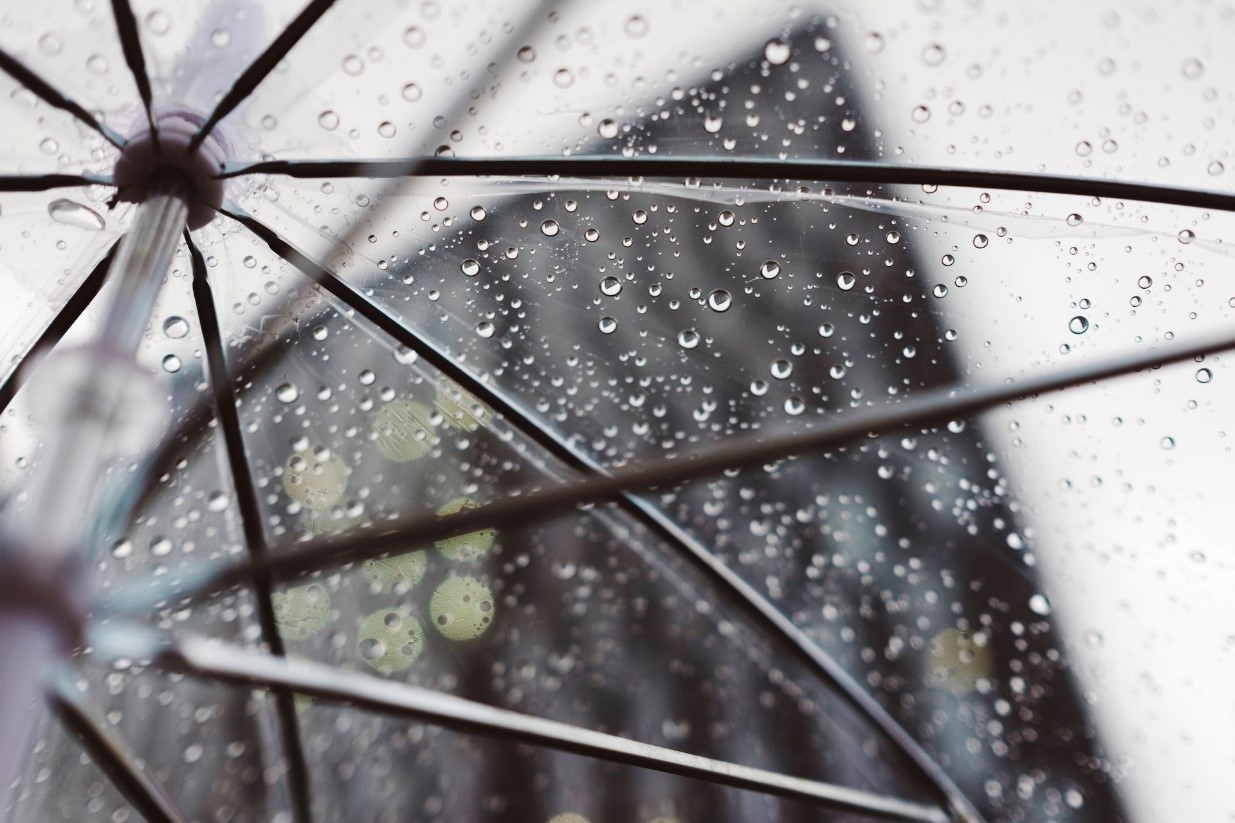
by Fern Shaw | Dec 3, 2023 | water cooler, Water Coolers
Now we’re in the New Year and skating full tilt in winter, as we gear up for the colder weather and perhaps, we’re already cutting back on our exercise and gearing up for more indoors and less out and about.
You may also think that with the colder temperatures this means that you shouldn’t be drinking as much water as you were during the (hot!) summer months. Reducing our water intake during autumn and winter, however, is a common error, as irrespective of the seasons, adequate hydration is necessary throughout the year.
To maintain optimal health, your body needs a regular and sufficient water intake as water literally feeds your entire body and is responsible for your get up and go – to maintain your basic health and body functions, you must remain hydrated.
Every single atom of your body consists of a high-water component e.g. as much as 83% of your lungs and overall, 73% of your entire body is made up of water.
So, whereas you might be adding on more layers and opting for Netflix marathons instead of exercise marathons, you still need to maintain your water ‘habit’.
That’s why, now, as with each season, is not the time to be ignoring your water cooler, or indeed, cutting back on refilling your water bottle every day, whether you’re at home, work, school or play.
Maintaining your water ‘fix’ not only helps keep you in good health during the colder weather, but it will also ease the transition when you begin upping your water consumption for the warmer months.
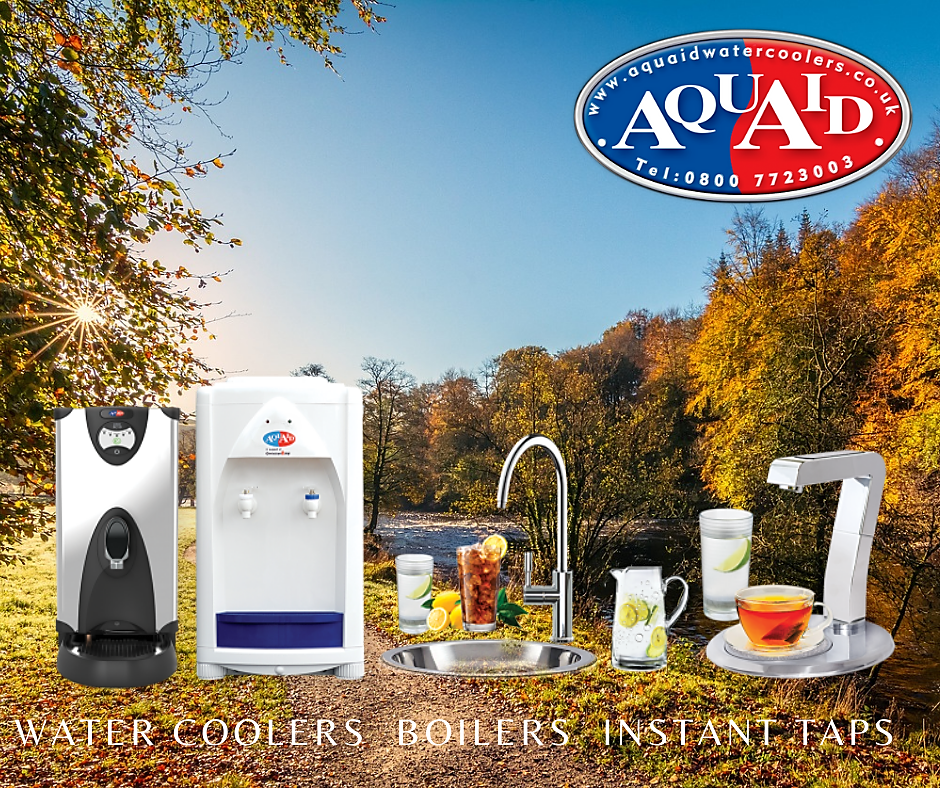
by Fern Shaw | Dec 3, 2023 | instant tap, water boiler, Water Boilers, water cooler, Water Coolers
December is a month chock full of occasions, annual observances and traditions.
A brief glance:
03 – 04 Dec –Tree Dressing Day
06 Dec – St. Nicholas Day
11 Dec – International Mountain Day
21 Dec – Winter Solstice
the list goes on.
This may be due to December being a pivotal period of the year as we enter the final transition from late autumn to winter and the close of yet another year. Although the dropping temperatures and increase in blustery weather may make it difficult to believe, it’s still officially autumn until 21 December.
With so many observances, traditions and events on the go this month it’s easy to understand that we may let our changing hydration needs slip by the wayside despite there being a simple and cost-effective solution. A solution as simple as switching from a chilled drinking water dispenser to a cool and piping hot drinking water dispenser.
With AquAid, you’re spoilt for choice – we supply a wide range of top-quality water coolers, water boilers and Instant Taps – all backed by our superlative services pre, during and post installation.
We invite you to visit our informative website and browse our water cooler selection, suitable for all industries and any size staff contingent, then contact our helpful team via e-mail, telephone or at the website.
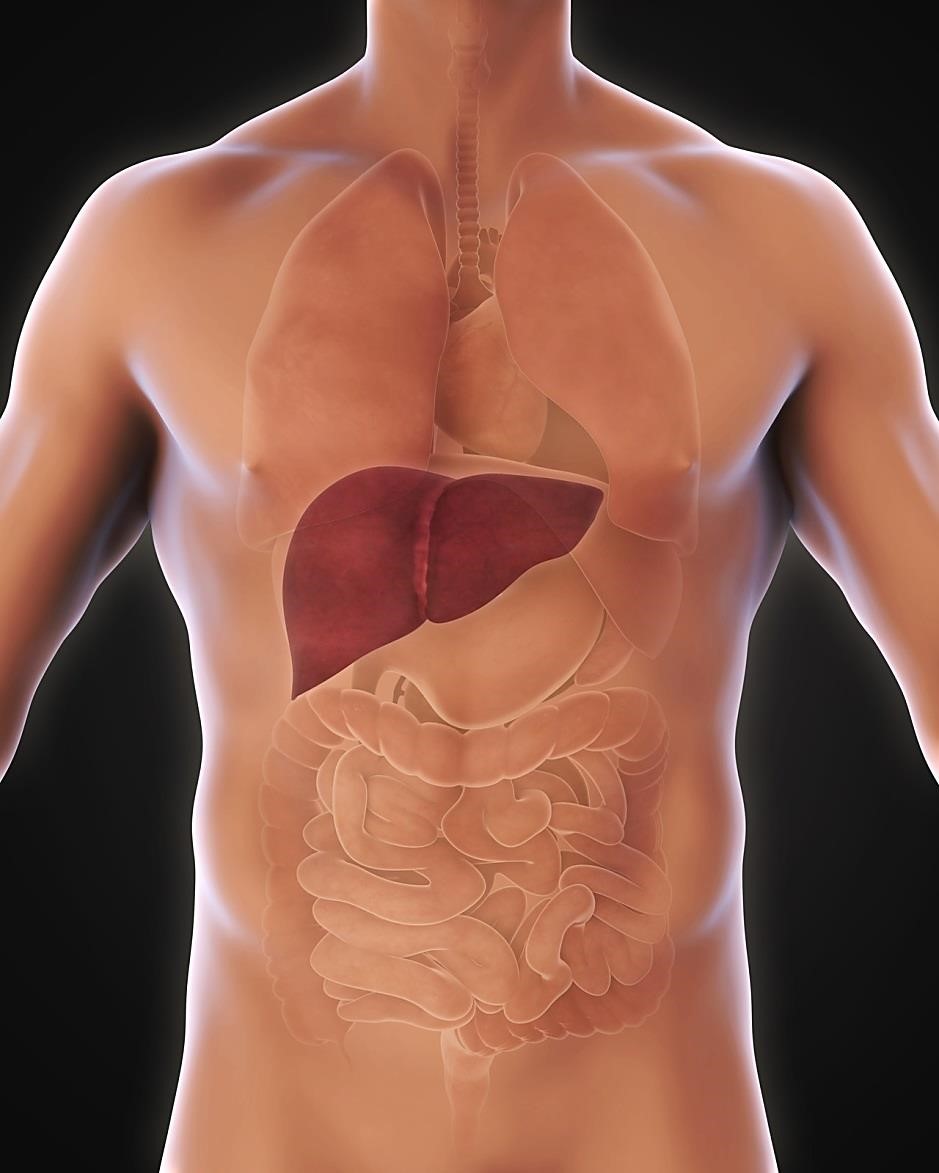
by Fern Shaw | Dec 3, 2023 | water cooler, Water Coolers
Maintaining sufficient water consumption is a valuable health benefit. With the end of the year drawing closer, there are many of us getting into the festive spirit – attending year end functions, going to parties, and possibly overindulging with food and drink. All of which can place enormous strain on the liver.
The liver is one of the largest (it’s bigger than your brain) and most complex of our internal organs.
Your liver consists of 96% water (the water is inside the cells and in blood) and can regenerate itself – even if only 25% of it is still healthy, your liver can regenerate itself into a full liver again.
The major functions of the liver:
- Makes and stores fuel.
- Cleans your blood.
- Filters out toxins from your bloodstream.
- Produces bile to break down fats.
- Help absorb nutrients in the intestine from the processed food.
- Regulates blood composition to balance protein, fat, and sugar.
- Produces essential chemicals to aid blood clotting.
- Destroys old blood cells.
- Stores minerals, iron and vitamin A.
The liver is a complex, hard-working, multi-tasking organ, tirelessly performing many functions. The efficiency of your liver function directly relates to your health and well-being.
Water is largely responsible for the fluid content of blood. As the organ that filters the blood, its viscosity affects the liver’s detoxification abilities. Accordingly, not drinking enough water will increase the blood’s thickness and make it harder to filter.
At AquAid, we’re fully cognisant of the vital part regular water consumption plays in your ability to maintain good health overall and help maintain good body health.
So, the next time you’re about to skirt the water cooler to get to the office party, don’t. Rather take your water bottle or water glass and make the water cooler station part of your daily work break routine: fill your bottle and drink your way to a healthier liver and consequently, a healthier you.

by Fern Shaw | Nov 14, 2023 | mains fed water cooler, water cooler, Water Coolers, water dispenser
The majority of people are under the impression that dehydration is something that happens only to athletes. The truth is that it happens to everyone, across all lifestyles and of all ages. Athletes just experience dehydration faster, with signs that are more visible.
Whether it is during a long walk to the office or during physical training, our body heats up when it works hard. To try to cool your body down enough to prevent heat stroke and to reduce core temperature, our bodies have to perspire. The perspiration evaporates to assist the body to reduce temperature. The drawback is that during warmer weather or constantly being in heated environments the perspiration is not efficient, and your body continues to sweat to try to reduce heat. As a result, dehydration accelerates.
There are a few tips that can assist you in avoiding dehydration during your exercise and fitness training and daily life. The most important tip is to keep hydrated, and not to wait until you are thirsty.
Drink water often, and at regular intervals. By the time you feel thirsty, you are already short of close to 1.5 litres of body fluids. It can take over a full day to recover from that type of dehydration. If you continue to work, train or exercise without sufficient hydration, your body can suffer from heat stroke. Dehydration affects everyone however; it usually affects unfit, elderly adults and overweight individuals far more quickly.
About 0.5L of water 1-2 hours before your exercise should assist you to stay cool, increase your performance and reduce your risk of heat stroke and dehydration dramatically. Avoid coffee, teas and any drink with alcohol in it, as these will cause you to urinate more often, and increase your fluid loss. Remember that after your exercise, long walk or strenuous activity to drink lots of water. Do this as soon as possible to give your body the help that it needs to recover.
Need access to a constant supply of refreshing drinking water but don’t currently have a water dispenser?
There is an easy solution. Contact AquAid’s experienced and professional in-house agents. We offer a free on-site survey to assess your water dispenser requirements. This obligation-free service helps establish whether you are best served installing bottled or mainsfed water coolers.
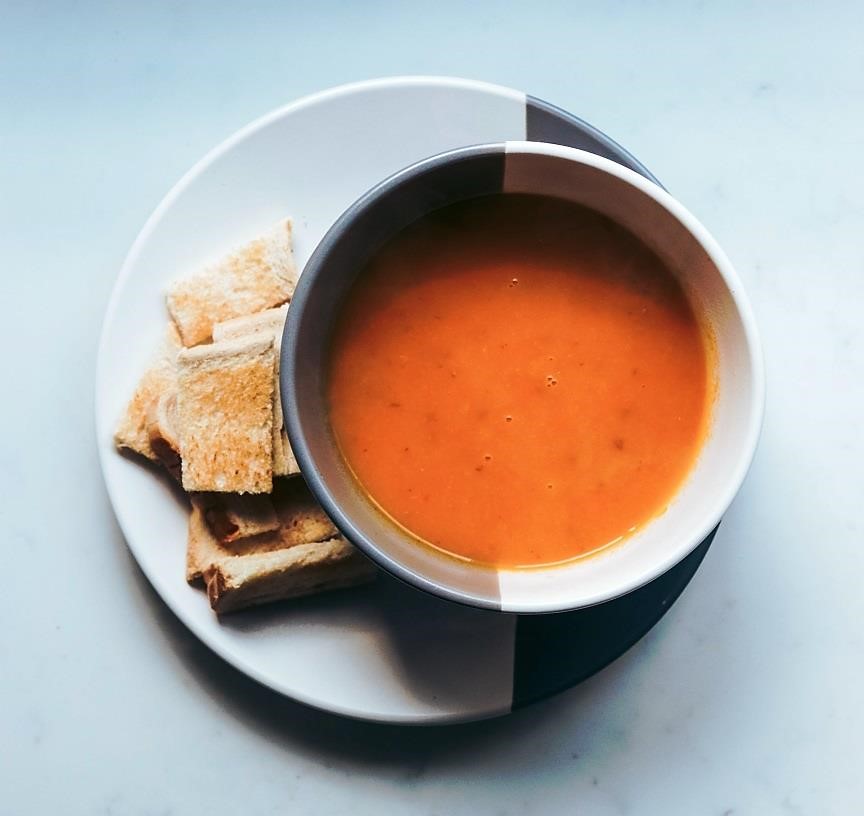
by Fern Shaw | Oct 24, 2023 | aquaid, water boiler, water cooler, Water Coolers, water dispenser
There are a number of positives to installing an AquAid Hot & Cold Water Dispenser or Hot Water Boiler. The most common reasons are piping hot water constantly available for whatever hot drink you enjoy – tea, coffee, hot chocolate, hot lemon water – the list goes on.
Often though there seems to be a hot water drink (meal?) that is oft forgot but just as vital to getting you through the working or school day, albeit in a heated hydration method.
Nothing equates to a soup made from scratch, but as we go about our daily business or busy school day, there often is only a minute or two available to dispense piping hot water for a nourishing mug of soup. And instant soups hit the spot perfectly.
Instant soup has been around for decades, with firm favourites remaining popular however, tastes have broadened where we now have soup from further afield gaining popularity. Although there may be plenty people for whom a spoonful of Bovril or Marmite in hot water will suffice, there are other consommés that are just as nourishing and healthy. Think miso soup for example!
Whatever your favourite hot water brew, AquAid has a boiling hot water drink dispenser to meet your requirements.
If you’d like know more about AquAid hot & cold dispenser and water boiler products as well as our life-saving charity partnerships, please * e-mail or ☏ us on 0800 772 3003. It will be our pleasure to assist you.
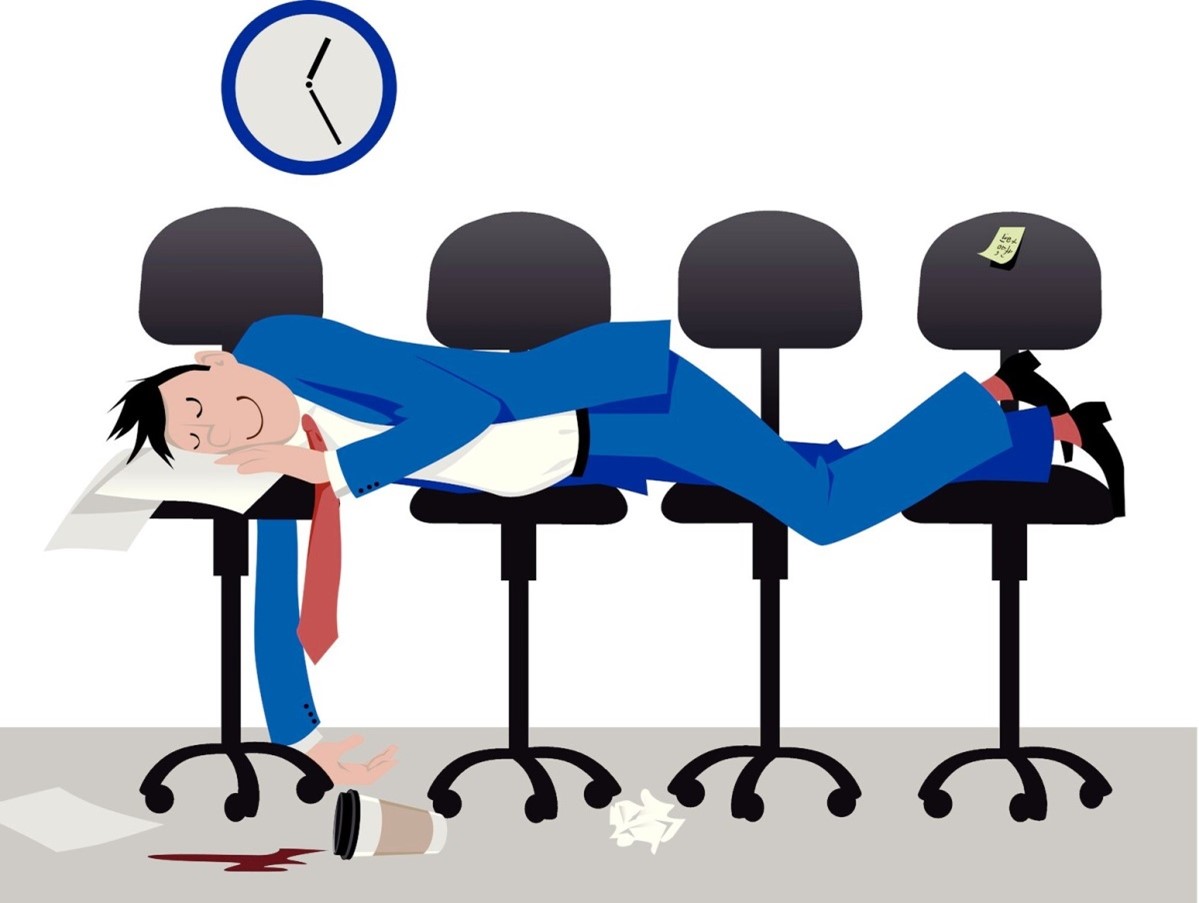
by Fern Shaw | Sep 28, 2023 | water cooler, Water Coolers
As I have said – okay, typed – before, drinking water = power (or energy) but who would have thunk it, apparently, naps too = power.
Before you get the idea that I’m trying to propagate my ‘Sloths Rule!’ philosophy, let me assure you, this power nap deal is not only true, but also a fact!
From the blogista’s friend Wiki:
A power nap is a short sleep that terminates before the occurrence of deep sleep or slow-wave sleep (SWS), intended to revitalise the subject. The expression was coined by Cornell University social psychologist James Maas.
Characteristics
The power nap is thought to maximise the benefits of sleep versus time. It is used to supplement normal sleep, especially when a sleeper has accumulated a sleep deficit.
Various durations are recommended for power naps, which are very short, compared to regular sleep. The short duration of a power nap is designed to prevent nappers from sleeping so long that they enter a normal sleep cycle without being able to complete it. Going beyond sleep stages I and II but failing to complete a full sleep cycle, can result in a phenomenon known as sleep inertia, where one feels groggy, disoriented, and even sleepier than before beginning the nap. Brief naps can improve alertness directly after awakening without the detrimental effects of sleep inertia associated with longer naps.
Scientific experiments and anecdotal evidence suggest an average power nap of around 30 minutes is most effective. Any more time, and the body enters into its usual sleep cycle. People who regularly take power naps may develop a good idea of what duration works best for them, as well as what tools, environment, position, and associated factors help induce the best results.
To this, I can certainly attest.
I’ll come clean though, I have never actually had a power nap at work – what I have had though, is a power nap when I’ve been running on empty between Job A and Job B in one day. I leave Job A, zoom home and have a gap of an hour or so before needing to leave for Job B.
Perhaps I’ve been remiss about my water intake for the day (yes, it does happen) and my battery is blinking red. It has happened where I’ve sat down, leant back and closed my eyes on the (most comfortable) sofa. When I magically wake up, 20 to 45 minutes later, without any type of alarm, I definitely feel better, not groggy or tired at all.
I can’t say that it will work for everyone, as I believe everyone’s make-up is different, but I can say that it most definitely does work. So, more power to you, fellow nappers, as you embark on the Journey of the Power Nap.
Oh, whether you have or don’t have power nap opportunities, might I suggest that you, at least, aim towards drinking a good few bottles or glasses of water every day.






